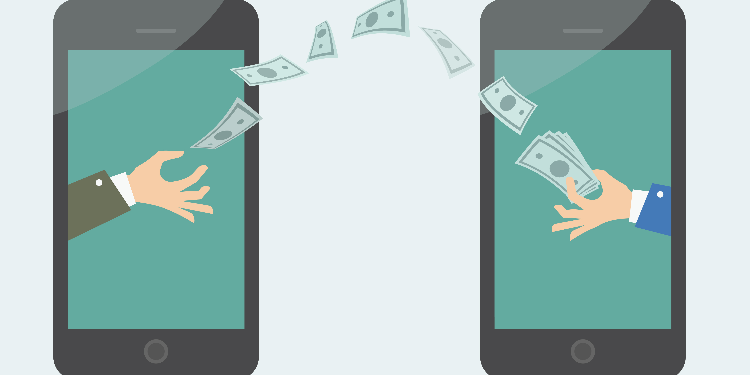Life as an expat can be stressful — even on the best of days. From getting accustomed to the food to staying healthy to learning a new language, the expat life throws more stressors, in a day, at a person than most individuals “back home” sees in a month.
When something interrupts money-flow, the pressure may be overwhelming. It can be a ‘make-or-break-moment'. That single event could either send the expat scurrying back home or harden the resolve to make “this expat thing” work. Despite the tension caused by an interrupted income, there are ways to keep the cash flowing. So take a sip of coffee, a walk around the block, or yell at an imaginary playmate and read on.
Online money transfer is when the old and stodgy idea of wiring money crashes into the modern technology of EFT, electronic funds transfer. You've used EFT often, but maybe didn't realize it. It's an electronic method to move money from one bank account to another.
Data, not physical money, is exchanged. By utilizing a debit card, data representing money is sent from your account to the store's banking account. Direct deposit moves money from your employer's bank account into yours.
Both transactions are examples of EFT, and so is online money transfer. Online money transfer is similar to EFT. Online money transfers are not about paying your bills over the Internet. EFT is the modern way of wiring money. You send someone money by transferring the data representing money from you to another person.
With little more than basic contact information, like an email address or cell phone number, online money transfers can be accomplished for a small fee from any computer with Internet access.
What is a Money Transfer?
When it comes to money transfers, there is no transfer of physical money. More accurately, money transfer is a secure communication between two banks who trust each other.
The communication must specify the account of the receiver at the receiving bank must be credited by the amount sent, simultaneously, from the sender's account. To prevent inconsistencies where the sender's account has been debited before the recipient's account is credited, the communication updates have to happen at nearly the same moment.
The entire process of “transferring money” is an example of the electronic nature of modern money where money does not have to exist in physical form.
Which service is better?
Paypal? Square Cash? Venmo? Someone else? There are dozens to choose from, but which international money transfer company is better.
These services are great when sending money between friends or paying for something online. But they are not an option for international money transfers.
For example, Square Cash and Venmo don't allow you to send money in other currencies. If you're in London where the Sterling is king and need to send money to Argentina where the Argentine Peso rules, Paypal may be an option.
But with PayPal, international transfers can cost as much as 10% of the amount transferred. International payments call for exploring money transfer services specializing in international money transfers. Websites, like Monito, can help you compare as you search for the best to meet your current needs.
Monito, on the other hand, bills itself as the best way to stop paying too much when sending money internationally. Using the comparison site, a person can save while obtaining the best exchange rates for the cheapest transfer provider.
















